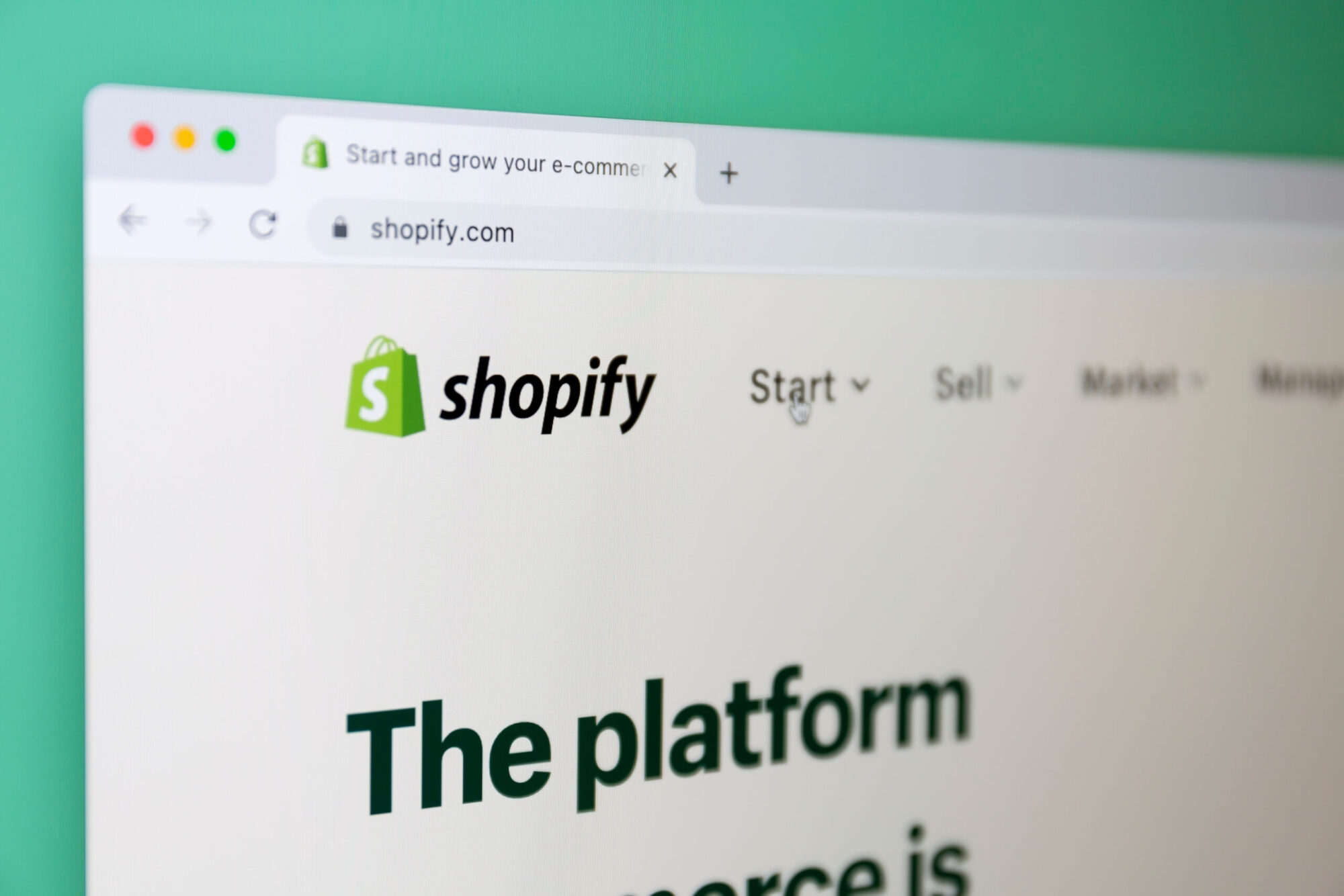Talking about high-risk merchant accounts, a lot of modern businesses are in need of one. But first, why do businesses need a CBD merchant account? What makes it essential for businesses to go for CBD merchant processing? And what about CBD payment processing? We will try to answer all these questions in this write-up.
CBD – An Overview
Cannabidiol (also known as CBD) is a phytocannabinoid extracted from hemp (Cannabis sativa) plants. You’re also aware that marijuana is extracted from Hemp plants as well. CBD drugs vary from marijuana in that they contain very little to no THC (tetrahydrocannabinol) or any of the other psychoactive ingredients used in marijuana.
To put it another way, CBD goods would not make you “high.” Despite this apparent distinction, CBD-based drugs were prohibited until just a few years ago under federal law. Although this is no longer the case, CBD regulations differ significantly from state to state.
For a high-risk merchant for CBD, about all states now permit the procurement or sale of hemp-derived CBD goods containing less than 0.3 percent THC. Nevertheless, each state has its collection of regulatory specifications.
It is a known fact that medical marijuana and, by extension, CBD goods are now legal in some US states. However, many banks and credit card companies have been slow to accept CBD payment, meaning many of these businesses have shut down their CBD merchant accounts without warning.
Why Is CBD High-Risk?
There are three significant reasons why is CBD high risk, especially now. They are regulation, charge-back risk, and credibility risk. About the fact that CBD law is becoming more progressive, the issue remains somewhat taboo.
Even though CBD does not have the same psychoactive impact as prescription marijuana, many people nevertheless equate CBD with prescription marijuana. Businesses that are lawfully marketing CBD ventures must bear the stigma of being associated with marijuana due to CBD oil’s widespread misconception.
Companies must find CBD retailer facilities to provide CBD payment processing, meaning credit card processing to their clients while the market is also considered high risk. They are unable to secure conventional merchant accounts for several reasons, the most common of which is that the goods are perceived to be volatile.

Consumer concerns and risks
Since the FDA has not reviewed the effects of the cannabis Sativa plant and CBD ventures, they have a higher rate of charge-backs from dissatisfied consumers.
Risk is present in every aspect of the business; it is a reflection of the unknown nature of possible results. Investors consider this vulnerability to identified and unidentified risks when assessing the risk associated with each particular investment.
The cannabis investment industry, especially the private company market, is filled with strong risk tolerance investors.
Rushed Market entry
The sudden development and promises of CBD drugs are deemed high risk by the FDA since there are no diagnostic tests to back up that assertion that these products help with conditions like epilepsy or cancer. CBD companies will now expand and prosper in a new environment, thanks to the legalization of these goods.
legal or illegal?
CBD products, including oils, tinctures, lotions, and even vaping products, have been classified as high-risk due to their abrupt entry into the market. It wasn’t long ago that any of these things were deemed illegal.
The 2018 Farm Bill only allowed CBD derived from cannabis, but CBD derived from marijuana remains illegal, even though they share the same chemical composition. The only difference between hemp and marijuana is that hemp contains less than 0.3 percent of THC, marijuana’s psychoactive compound.
And if they have entirely separate functions, the two will sound, feel, and smell alike. This makes controlling hemp production and the distribution of CBD all the more complex, which most banks don’t want to contend with.
There are other complex rules and legislation concerning the kinds of goods that can be sold, in addition to the standard features between legal and illegal CBD. Epidiolex, a CBD-based epilepsy drug, was approved by the FDA in 2018.

As a consequence, it is an FDA-approved drug that cannot be added to food or beverage products. While CBD edibles and supplements are common, they are illegal in the United States, and sales must be restricted to oils or topical treatments. Such risks make it essential for a business to go for CBD merchant processing.
Medical Arguments
Even though Epidiolex is an FDA-approved CBD medication, there are a plethora of other medical arguments for the product that lack scientific backing. CBD is widely used to relieve pain, nausea, insomnia and is also healthy for dogs.
However, CBD is not guaranteed to heal any of these disorders, and it affects individuals differently. As a result, CBD goods are at a high risk of charge-backs due to the product’s inability to achieve the desired effect. This is indeed an essential aspect of knowing why is CBD high risk?
Due to such reasons, it may become difficult for businesses to perform CBD payment processing meaning-making it challenging to trade in certain scenarios. Due to the same unpredictable nature, CBD/THS businesses definitely need a high-risk CBD merchant account.




